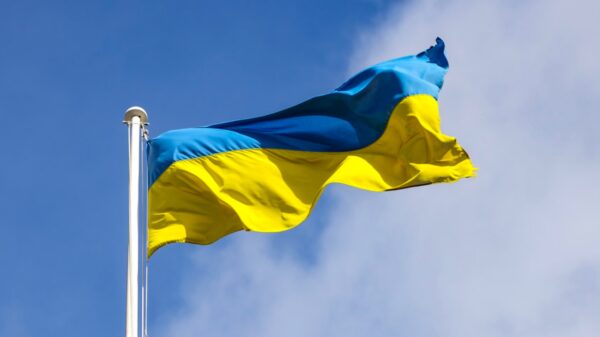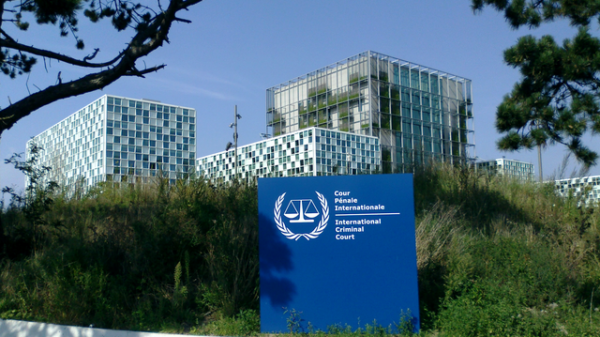Staff writer Mehmet Temur discusses the Wagner Group mutiny and argues that it will have serious effects on Russia’s future.
Shocking international and domestic audiences alike, Yevgeny Prigozhin and his Wagner Group started an armed uprising in Russia on Friday evening. Even though the event, variously described as a coup, a mutiny and a rebellion, surprisingly ended less than a day later, it will have a lasting effect on Russia’s future.
Background and Consequences of the Rebellion
Prigozhin, a controversial figure known for his leadership within the Wagner private military company, has long been a subject of intrigue due to his close ties to the Russian government and alleged involvement in various Russian covert operations. On Friday evening, following months of public arguments between Prigozhin and the Russian state, this image decisively changed after Prigozhin announced what he called a “march of justice” towards Moscow and what Russia called an armed mutiny. The aim of his operation? Stop the military leadership.
According to Prigozhin, this was in response to an attack on a Wagner camp orchestrated by the Russian Ministry of Defence, but he also attributed part of his reasoning down to a broader Russian inability to bring success in Ukraine. At the time of writing, this march has been halted and Wagner mercenaries are on their way back to Ukraine. Allegedly, this is due to an intervention made by Lukashenko, the President of Belarus. Although the chances of the rebellion’s success were always slim, the consequences are still substantial.
First of all, it is important to underline that Yevgeny Prigozhin’s rebellion was not the long-wished popular uprising that would bring democracy to Russia. Prigozhin’s ultimate objectives remained unclear, but his actions and statements suggested a desire to challenge and undermine the country’s top military leadership. The Russian mercenary is a man who for a long time has been deeply involved in wars and power struggles all around the world and who vowed to continue the war in Ukraine should he successfully take Moscow, highlighting the absence of clear “good sides” in this conflict.
The consequences of Prigozhin’s rebellion are far-reaching, particularly in the context of the ongoing conflict in Ukraine. Prigozhin recently stated that the justification for the war in Ukraine was fabricated, and as someone with considerable fame among the Russians, it clearly shows to the Russian public that the official narrative is not flawless. As well as that, during the unrest, state-controlled media and Kremlin announcements often conflicted. While no one should expect to see riots in the streets any time soon, occurrences like these are normally rare and could lead to increased suspicion of the Kremlin and state media.
Another aspect of the rebellion is that even though it failed to ‘coup’ the incumbent government and change military leadership, it did expose the vulnerability of Putin’s regime. The world has just witnessed that anyone with a slim army of just 25,000 troops, which was made up mainly of convicts and contractors, can threaten the once-feared authority of Putin and the entire nation of Russia. This will encourage any rivals both within the country and in Ukraine. The latter could even increase their support to Russian rebel groups and partisans which will in turn increase their attacks within Russia.
On the other hand, the fact that the rebellion was stopped through Lukashenko’s negotiations and Prigozhin agreed to move to Belarus means that the country may develop leverage over Putin. This is unlikely to change the current status quo between Russia and Belarus, as the latter is still economically dependent on the former. However, Lukashenko could still get some minor concessions in the form of expanding current foreign aid and loans.
Chaos and Uncertainty
Amidst all this turmoil, the control of nuclear warheads emerged as a central concern. The Ukrainian-Crimean Tatar partisan movement, Atesh, claims that before turning back, Wagner PMC has set its sights on “375 Object ‘C'” near Borisoglebsk in Voronezh Oblast. This assertion is supported by earlier reports from the Gulagu, an anti-Russia human rights group. Atesh alleges that Wagner’s advance units have reached the outskirts of Borisoglebsk, where a warehouse housing nuclear weapons are located.
While the potential seizure of nuclear weapons depots by the Wagner group would pose an alarming threat, what is more astonishing is that the report also claims the Russian Army alone would be ill-equipped to defend the depot, lacking the necessary forces and resources in the area. It was already known that the Russian nuclear warheads lacked proper maintenance, but the possibility that they could also be easily accessible to such groups is gravely concerning. With an armed group of ex-convicts, who are designated as terrorists by the US, in control of the nuclear codes, the whole world as we know it could change overnight. Even though these reports should not be taken at face value as the organisations that published them are currently fighting against Russia and thus could be biased, they still show the potential danger of an armed group of criminals taking control of a country with well-developed nuclear weapons.
Adding to this sense of uncertainty, during the rebellion, reports emerged that the mayor of Moscow called citizens to stay in their homes, indicating the desperate condition of the Russian establishment. There were also unverified reports suggesting that Vladimir Putin had left Moscow.
All in all, this was an extraordinary time for Russian history. Normally, on the days like this, the Russian government has a habit of broadcasting “Swan Lake” ballet on the state TV to say “Everything is under control”, while they clearly are not. As today’s developments signal significant changes for Russia, it seems that we may once again see Tchaikovsky’s Swans dancing in the near future.

















